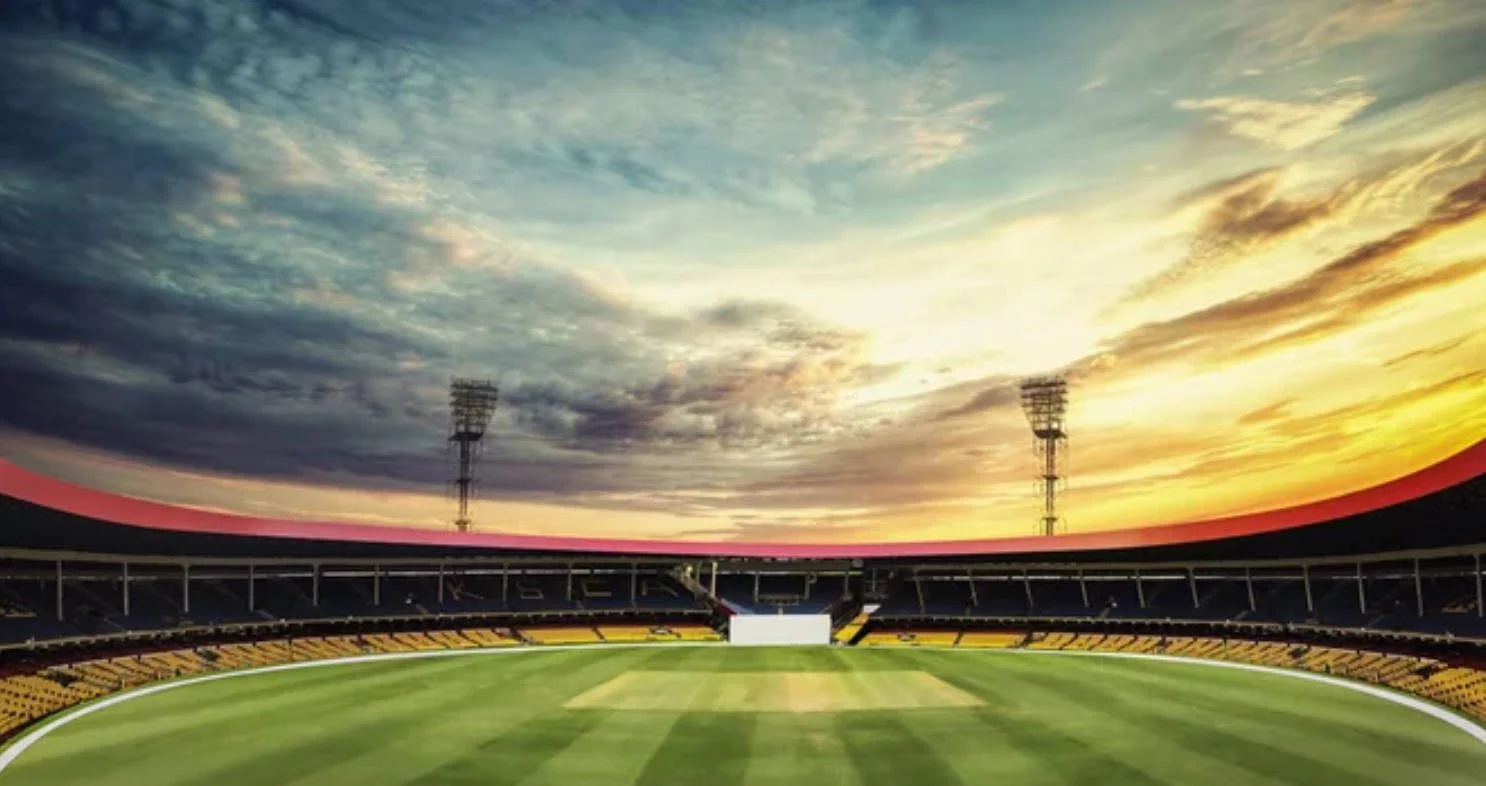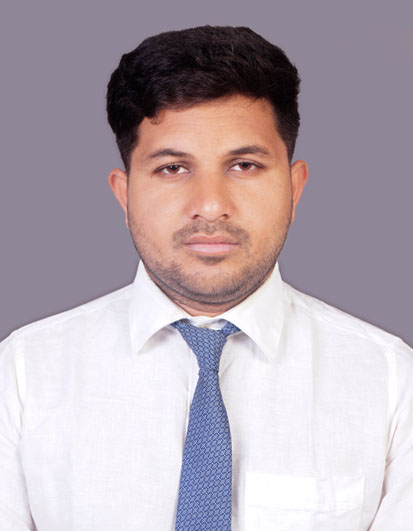Campus Life - Sports & Infrastructure

Sports and infrastructure play vital roles in residential degree colleges, enriching the overall student experience and fostering holistic development. Here's how these aspects are typically addressed:
Sports Facilities:
Sports Complex: Residential degree colleges often boast comprehensive sports complexes equipped with facilities for various indoor and outdoor sports such as basketball, volleyball, badminton, tennis, table tennis, and indoor games like chess and carrom.
Playgrounds: They may also have spacious outdoor playgrounds for sports like football, cricket, athletics, and other team sports.
Gyms and Fitness Centers: Many colleges provide gyms and fitness centers with modern equipment for students interested in fitness training and workouts.
Sports Programs:
Intramural Sports: Colleges organize intramural sports leagues and tournaments where students can participate in friendly competitions within the college community.
Intercollegiate Sports: Students also have opportunities to represent their college in intercollegiate sports competitions, fostering a sense of pride and camaraderie.
Infrastructure:
Academic Buildings: Residential degree colleges typically have well-equipped academic buildings with classrooms, laboratories, libraries, computer labs, and other facilities to support teaching and learning.
Residential Facilities: They provide comfortable and secure residential accommodations for students, including dormitories or hostels with amenities such as common rooms, study areas, dining halls, and laundry facilities.
Recreational Spaces: In addition to sports facilities, colleges may have recreational spaces such as parks, gardens, and leisure areas where students can relax, socialize, and engage in extracurricular activities.
Auditoriums and Event Spaces: Colleges often have auditoriums, theaters, or event spaces for hosting academic lectures, seminars, cultural events, performances, and student gatherings.
Maintenance and Upkeep:
Regular Maintenance: Colleges prioritize the maintenance and upkeep of sports facilities, infrastructure, and residential buildings to ensure they remain in good condition and safe for student use.
Safety Measures: Adequate safety measures are implemented to prevent accidents and ensure the well-being of students using sports facilities and other infrastructure.
Staff and Support Services:
Sports Coaches: Trained sports coaches and instructors may be available to provide guidance, training, and coaching to students interested in sports.
Maintenance Staff: Colleges employ maintenance staff and support personnel to oversee the upkeep of facilities, manage equipment, and address any maintenance issues promptly.
Promotion of Sports and Infrastructure Usage:
Awareness Programs: Colleges conduct awareness programs, orientation sessions, and promotional events to encourage students to participate in sports activities and utilize infrastructure facilities.
Incentives and Recognition: Colleges may offer incentives, awards, or recognition to students who excel in sports, academics, or other extracurricular activities, fostering a culture of excellence and achievement.
Overall, robust sports facilities and infrastructure contribute significantly to the holistic development and well-being of students in residential degree colleges, promoting physical fitness, social interaction, and personal growth.
Faculty Details
| Sl.NO |
Name of the Faculty |
Qualification | Designation |
Recurietment Type |
Date of Joining |
Photo |
|---|---|---|---|---|---|---|
| 01 | Kalakotla Dinesh Babu |
M.P.Ed with UGC-NET(JRF) |
Physical Director | Regular | 27-07-2024 |  |
